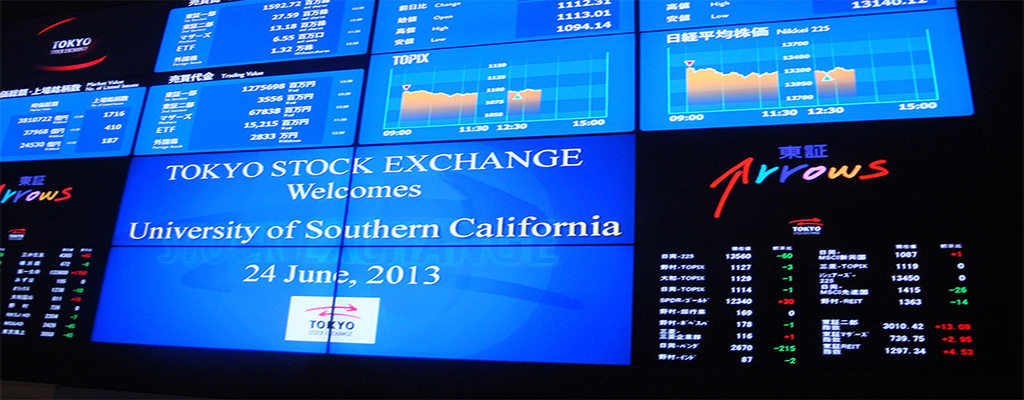TSX Futures Slip Amid Trade Jitters

Futures for Canada's main stock index dipped on Wednesday, retreating from a record peak in the previous session, as investors kept a cautious eye on trade developments and a debate over a sweeping U.S. tax bill.
The TSX Composite Index hiked 83.7 points to conclude Tuesday at 26,055.63.
June futures declined 0.6% Wednesday.
The Canadian dollar poked up 0.08 cents to 71.82 cents U.S.
Canada's big banks are bracing for trade uncertainty and are expected to have shored up loan loss reserves in the second quarter, with four of the big six banks putting aside over $1 billion.
Markets are also monitoring the Group of Seven finance ministers' meetings currently underway in Canada for any hints that a weaker dollar could help advance trade negotiations.
In corporate news, Brookfield has received a binding bid for its student accommodation platform Livensa from Spain's Bankinter, for what would be one of the largest deals in the sector in recent years.
On the economic slate, Statistics Canada’s new housing price index for April declined 0.4%, compared to an unchanged reading in March.
ON BAYSTREET
The TSX Venture Exchange popped 19.9 points, or 3%, Tuesday to 692.74.
ON WALLSTREET
Stock futures fell Wednesday as traders fretted over another move higher in Treasury yields, as investors monitored the progress on a new U.S. budget bill.
Futures for the Dow Jones Industrials index tumbled 301 points, or 0.7%, to 42,471
Futures for the S&P 500 index slid 30.75 points, or 0.5%, to 5,929.
Futures for the NASDAQ handed back 116 points, or 0.6%, to 21,331.25.
The 30-year Treasury bond yield moved back above 5% on Wednesday, while the benchmark 10-year Treasury note yield traded over 4.53%. Yields moved above those key levels earlier in the week after Moody’s downgraded U.S. bonds late Friday.
The latest moves come as traders look to Washington as Republican leaders work to finalize a budget bill that would lower taxes. However, the measure has faced pressure from GOP members looking for higher deductions on state and local taxes. Investors also worry the measure could worsen the U.S. deficit.
Wednesday’s action comes after a tough session for the three major averages. The S&P 500 ended a six-day win streak, while the NASDAQ Composite saw its first negative day in three. The Dow fell more than 100 points, breaking a three-day positive streak.
announcement of broad and steep tariffs last month.
All three major averages are still above where they traded on April 2, the day Trump unveiled his import tax policy. The S&P 500 is now up on the year, a sharp reversal after at one point falling on an intraday basis into bear market territory, a term referring to a decline of at least 20% from a recent high.
In Japan, the Nikkei 225 index gave up 0.6% Wednesday, while in Hong Kong, the Hang Seng advanced 0.6%.
Oil prices grabbed 69 cents to $62.72 U.S. a barrel.
Gold prices brightened $26.30 to $3,310.90 U.S. an ounce.











































